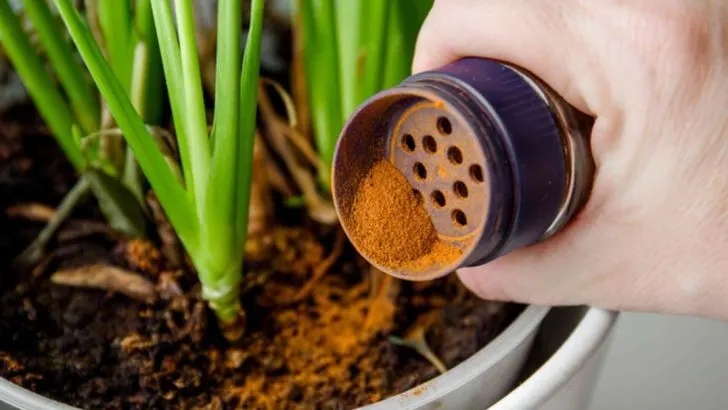Great gardening doesn’t always require fancy tools or expensive supplies. Sometimes, the best solutions are already sitting in your kitchen drawer or recycling bin. With a little creativity, everyday household items can become powerful garden hacks — saving you time, money, and effort while keeping your plants thriving.
From using egg cartons as seed starters to repurposing coffee grounds, plastic bottles, or even old spoons, these clever tricks show just how far a little resourcefulness can go. They’re perfect for beginner gardeners, DIY enthusiasts, or anyone who loves a sustainable, low-cost approach to plant care.
In this article, discover 9 brilliant gardening hacks using things you likely already own. Whether you’re boosting soil health, organizing tools, or making your own planters, these ideas prove that a smarter, greener garden is only a few steps (and household items) away.
Coffee Grounds
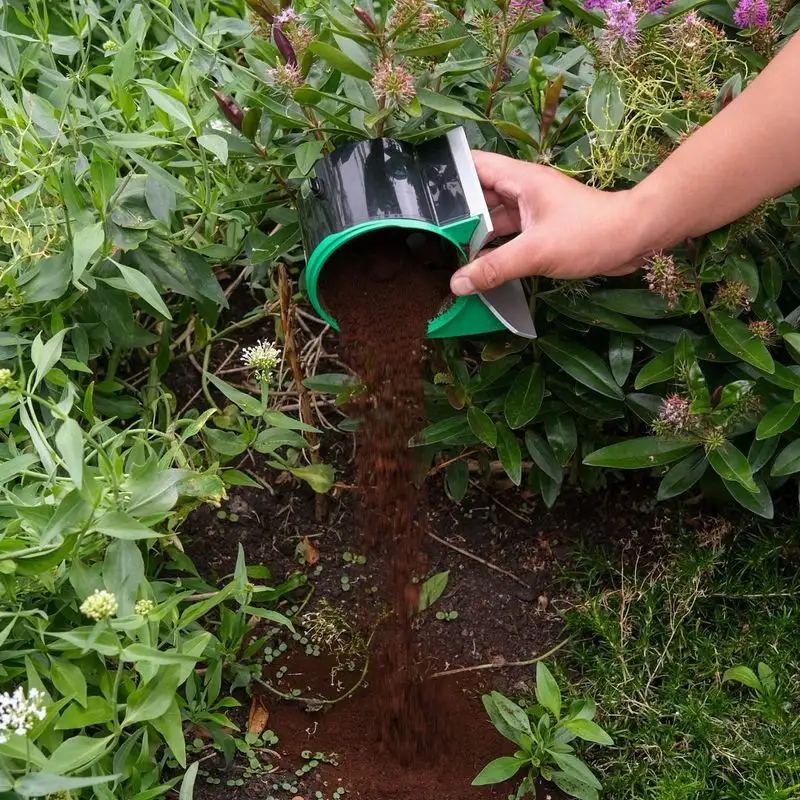
The remnants of your morning brew can energize more than just you. Sprinkling coffee grounds around your plants enriches the soil with nitrogen, a vital nutrient for healthy growth. Their texture also helps aerate compacted soil, improving drainage and root development.
Coffee’s natural acidity can enhance the soil environment for acid-loving plants like azaleas and blueberries. Besides, it acts as a gentle pest deterrent, keeping slugs and snails at bay.
Used coffee grounds can even be added to your compost bin, accelerating the decomposition process. It’s a simple, sustainable way to recycle kitchen waste.
Eggshells
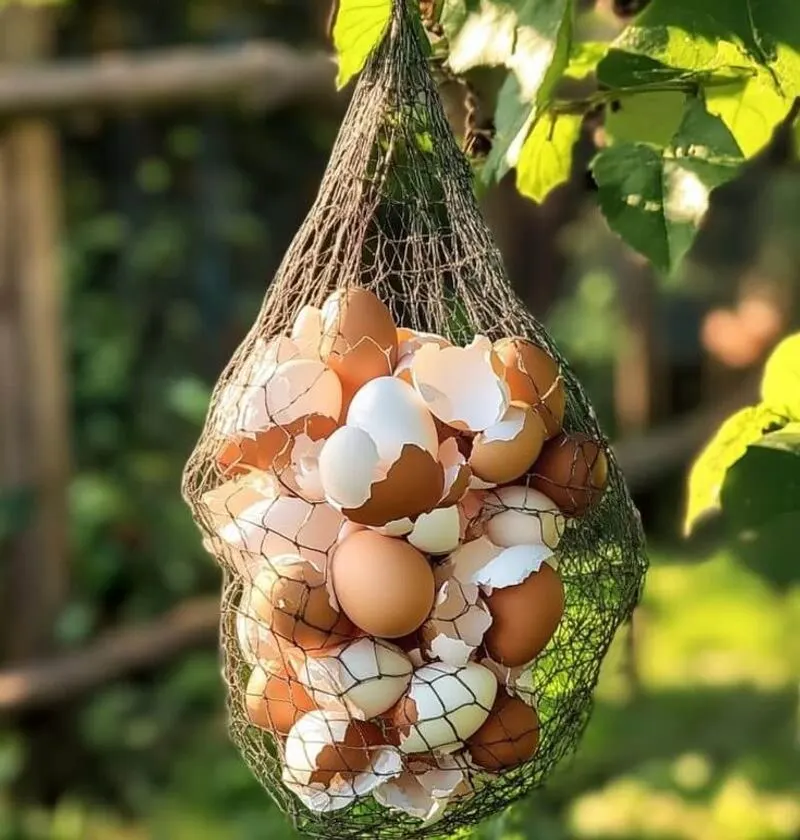
From breakfast to the garden, eggshells offer more than meets the eye. When crushed and scattered, they provide a natural source of calcium carbonate, which strengthens plant cell walls.
Their jagged edges deter soft-bodied pests like slugs and snails, protecting your tender seedlings. Over time, they decompose and enrich the soil with essential minerals.
In addition to their pest-repelling properties, eggshells can also be added to compost. Their slow decomposition ensures a steady release of nutrients, offering long-term benefits to your garden ecosystem.
Banana Peels
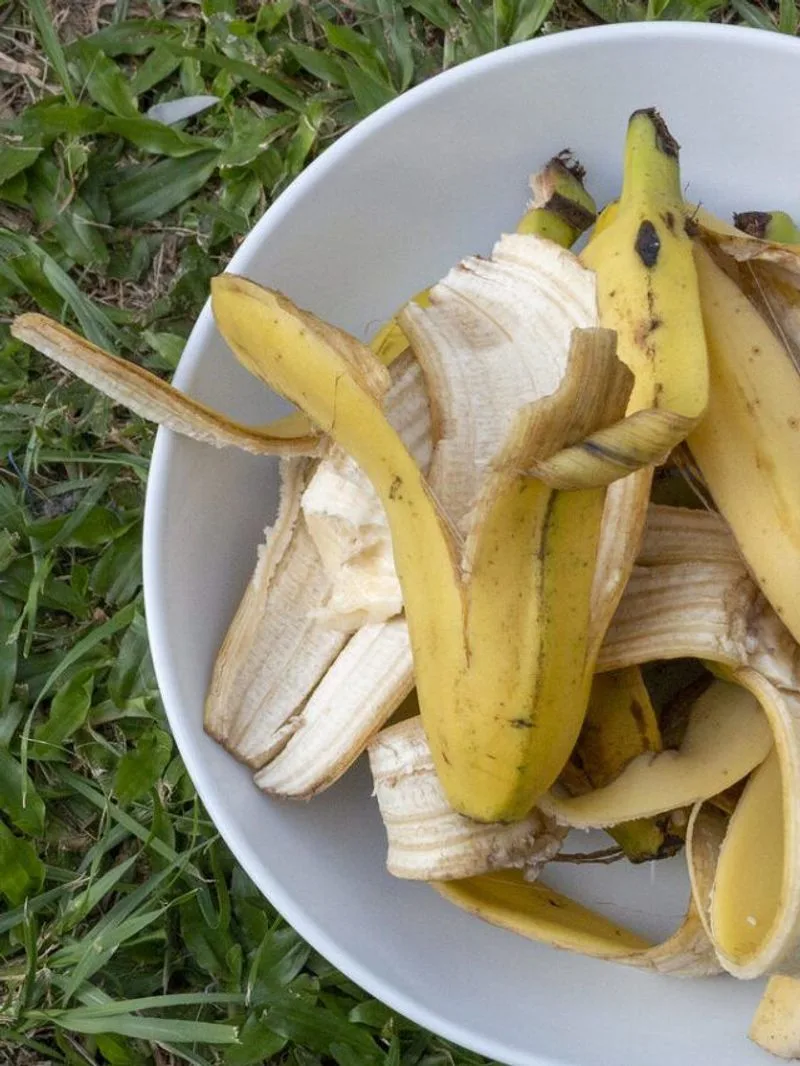
The humble banana peel, often discarded without a second thought, is a powerhouse of nutrients. When buried in the garden, they release potassium, phosphorus, and calcium—essential elements for flowering and fruiting.
Their decomposition enriches the soil, fostering a vibrant growth environment. For rose enthusiasts, placing banana peels at the base of the bushes can enhance blooming and flower quality.
Additionally, they can be soaked in water to create a natural fertilizer tea. This simple liquid feed can be applied to your garden, giving plants a quick nutrient boost.
Vinegar
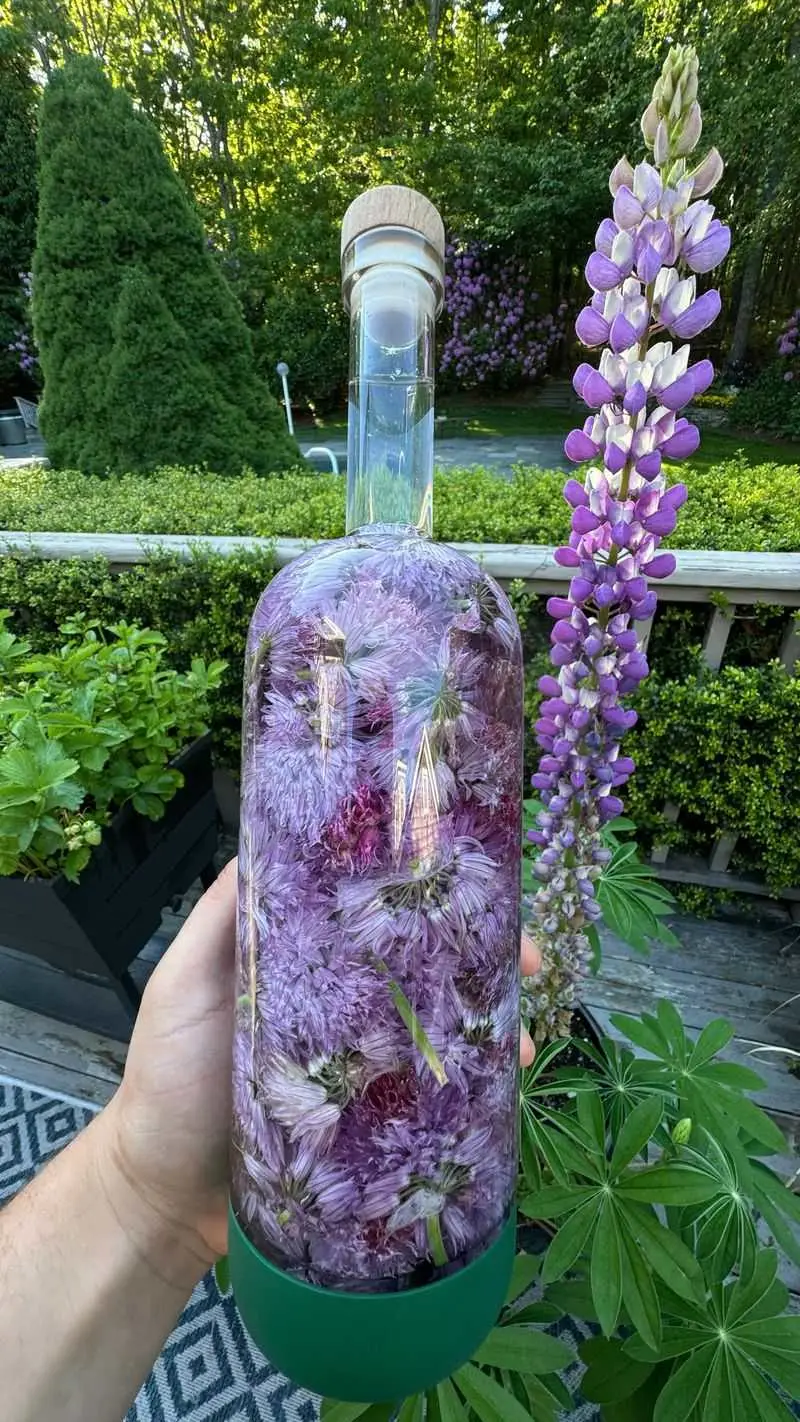
Vinegar, a kitchen staple, finds its place in the garden as a natural weed killer. Its acetic acid content is potent enough to desiccate unwanted plants when applied directly.
Perfect for targeting persistent weeds in walkways and between pavers. However, care must be taken, as it can harm desired plants if not used cautiously.
Beyond weed control, vinegar can lower the pH of alkaline soil, benefiting acid-loving plants. A simple soil test can guide its application, ensuring it complements, rather than disrupts, your garden’s balance.
Tea Bags
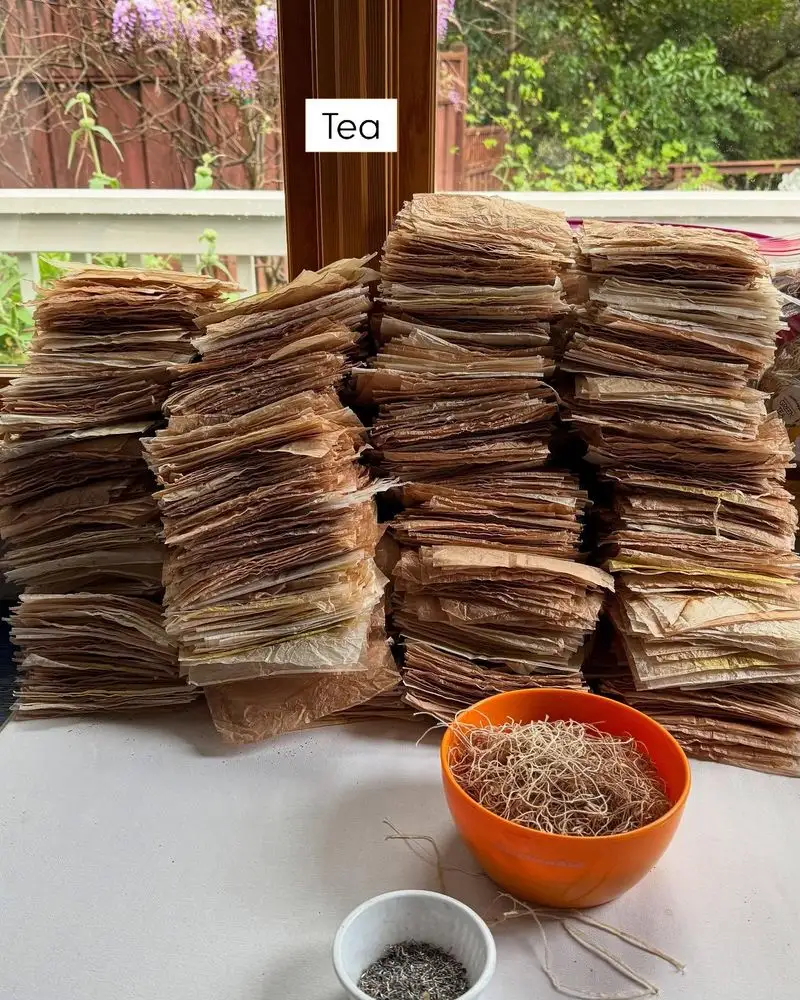
Your daily tea ritual can benefit your garden as well. Used tea bags add organic matter, improving soil structure and water retention. As they break down, they release tannins and other compounds that enrich the soil.
Tea bags can also deter pests. Placing them around plants can ward off rodents and insects, adding an aromatic layer of protection.
Adding to your compost, they speed up the decomposition process, contributing to a richer compost end-product. It’s a small addition that makes a big impact over time, nurturing your garden with each cup brewed.
Baking Soda
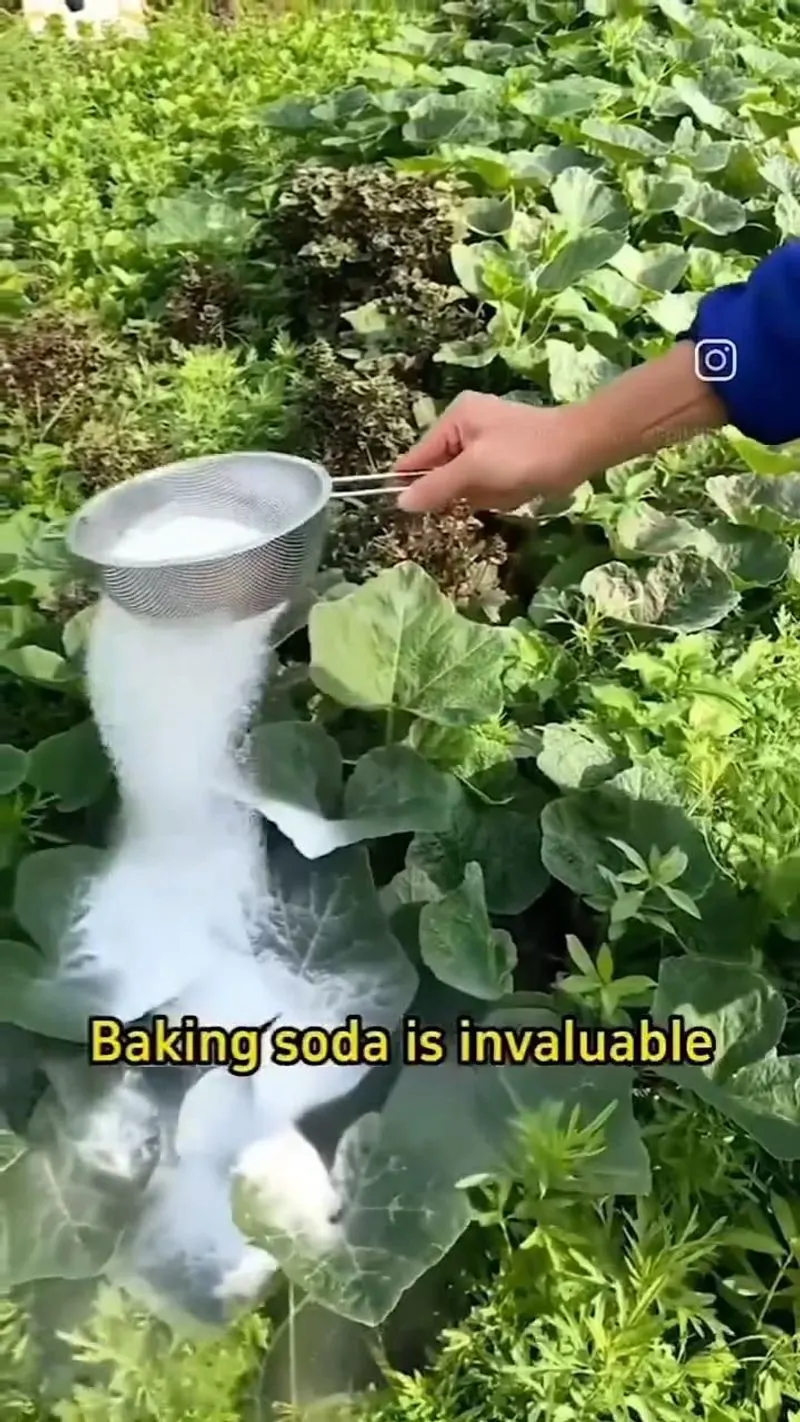
In your pantry, baking soda holds untapped gardening potential. Sprinkling it around plants can prevent fungal growth, acting as a natural fungicide. This is particularly useful for preventing powdery mildew on susceptible plants like tomatoes and cucumbers.
A dash of baking soda can sweeten the soil around tomato plants, potentially enhancing the flavor of the fruit. It’s a gentle treatment that avoids the harshness of chemical alternatives.
Baking soda can also serve as a cleaning agent for garden tools, ensuring they’re free of disease-causing pathogens, thereby safeguarding your garden’s health.
Old Newspapers
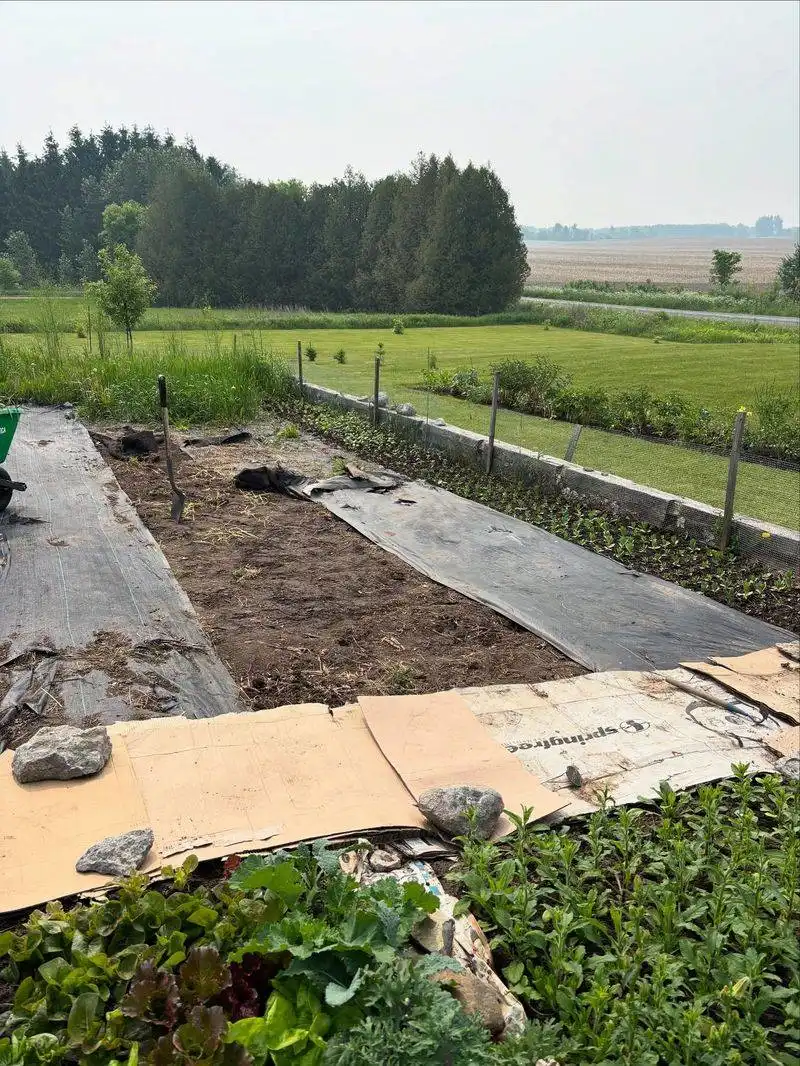
That stack of old newspapers can serve as an effective weed barrier. When laid out in layers, they block sunlight, preventing weed growth while retaining soil moisture beneath.
Newspapers decompose over time, adding organic matter to the soil. This improves its structure and nutrient content, benefiting your plants in the long run.
Additionally, they can insulate the soil, regulating temperature fluctuations, which is particularly beneficial during seasonal transitions. It’s a practical way to recycle and manage garden maintenance sustainably.
Plastic Bottles
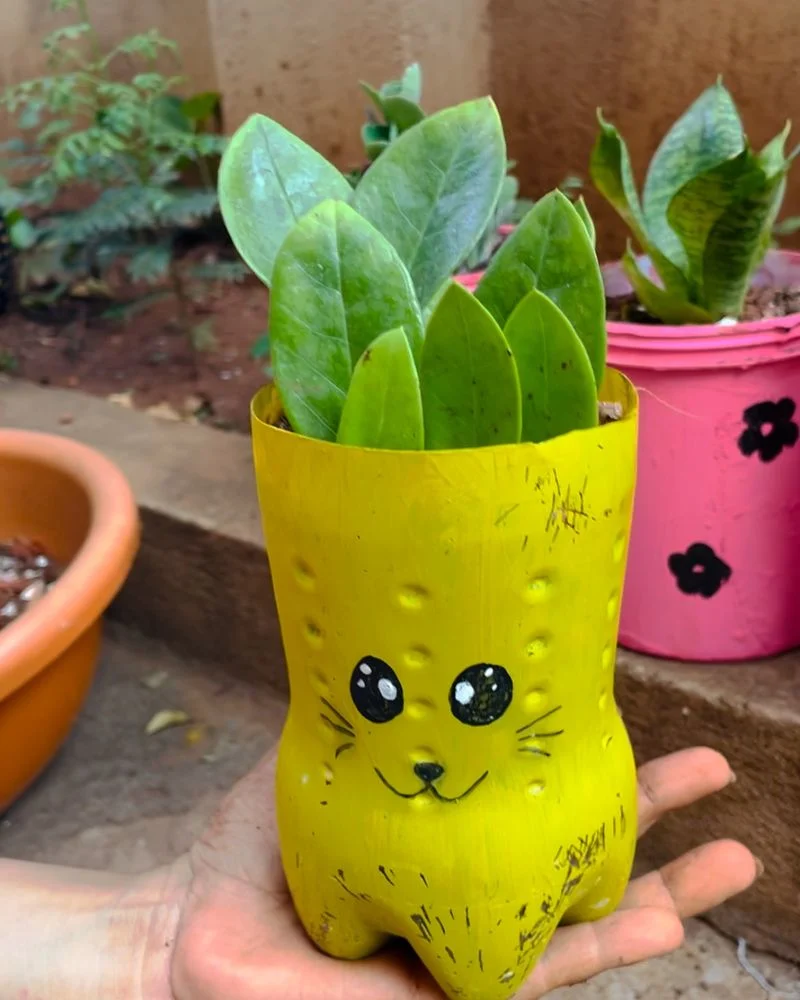
Before tossing that plastic bottle, consider its potential as a garden tool. Cut and placed over young plants, it acts as a mini greenhouse, protecting seedlings from harsh weather and pests.
Bottles can also serve as drip irrigation systems. Poking small holes and burying them near plants provides a slow, consistent water source.
This repurposing helps reduce plastic waste while enhancing your garden’s resilience. It’s a simple, clever solution that turns trash into a valuable gardening ally, supporting growth in an eco-friendly way.
Cinnamon
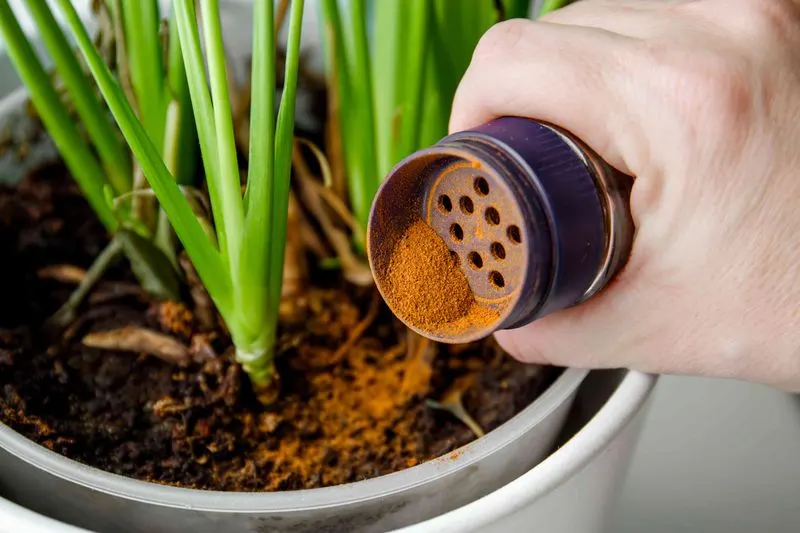
A pinch of cinnamon isn’t just for lattes. In the garden, it can deter fungal infections, thanks to its natural antifungal properties. Sprinkle it over seedling trays to prevent damping-off disease, a common problem in early plant stages.
Cinnamon can also repel ants and other pests when sprinkled around garden beds, providing a fragrant, non-toxic barrier.
In addition to pest control, cinnamon can aid plant propagation. Dipping cuttings in cinnamon before planting encourages root growth, increasing the chances of successful propagation.

